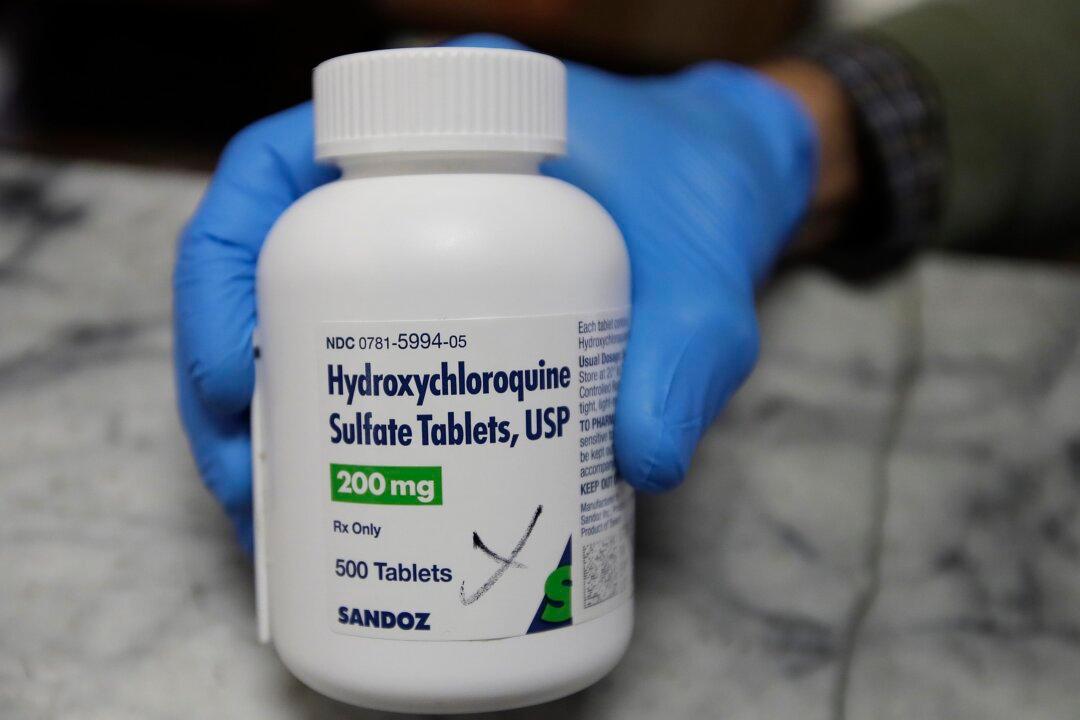Commentary
Death rates in countries that rely on hydroxychloroquine (HCQ) for the treatment of COVID-19 appear to be dramatically lower than death rates in countries that discourage the use of the drug.

Death rates in countries that rely on hydroxychloroquine (HCQ) for the treatment of COVID-19 appear to be dramatically lower than death rates in countries that discourage the use of the drug.